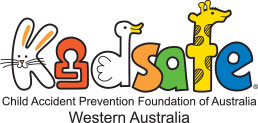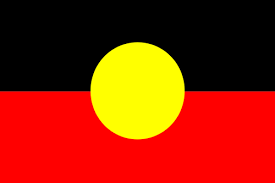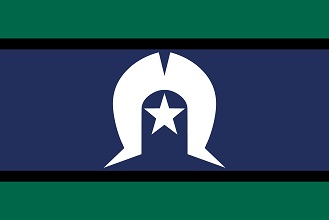Around the Home:

- Ensure toys are appropriate for the child’s age and stage of development and are of good quality.
- Be aware of toys, novelty items and decorations containing button batteries around Christmas time and
ensure children do not have access to these. - Actively supervise children during gatherings and ensure everyone knows who the responsible adult is.
- Educate your children to interact with pets in a friendly manner and teach them not to disturb pets when
they are eating, sleeping or caring for young. Always ask the owner’s permission before petting. - For more information, check out our Home Safety Resources.
While in the Garden:

- Keep gardens well maintained to eliminate hiding places for insects, spiders and reptiles.
- When playing outside, enclosed shoes, pants and long-sleeved clothing will assist in protecting children
from insect bites. - For more information, check out our Backyard Safety Factsheet.
Water Safety:

- Always actively supervise young children within arm’s reach around water.
- Restrict access to water. Home swimming pools and inflatable pools deeper than 30cm must be fenced.
- Check fences for damage and ensure the pool gate is kept shut with a self-closing, self-latching gate.
- For more water safety resources, we recommend checking out Royal Life Saving Society of WA article on Keeping Watch this summer.
At Play:

- Always supervise children when they are playing and teach them how to use equipment safely.
- Ensure that there is only one person at a time jumping on the trampoline.
- Ensure trampolines and playground equipment meet Australian Standards and are in good condition.
- Provide a clear area free from hard objects around and underneath trampolines and play equipment.
- Check out our Trampoline Animation for more safety tips.
On the Road:

- When using or gifting bicycles and other small-wheeled devices, ensure that that safety equipment is provided. Children should always wear a helmet that complies with the current Australian Standards.
- Children riding bikes and other small-wheeled devices should wear clothing that is highly visible to road users.
- Teach children how to cross the road safely and be aware of cars entering or exiting driveways.
- When travelling in the car ensure children use a correctly fitted child car restraint for their age and size.
- Never leave children unattended in a car. On a typical Australian summer day, the temperature inside a parked car can be 30° higher than the outside temperature.
- Check out our Hot Cars Campaign for more information.



